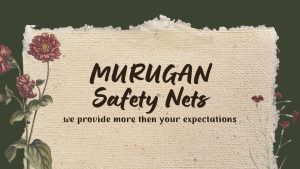
Artificial Ground Grass
ChatGPT Artificial grass, also known as synthetic turf or fake grass, has become increasingly popular in both residential and commercial settings. It offers a low-maintenance alternative to natural grass lawns while providing numerous benefits in terms of aesthetics, durability, and environmental sustainability. One of the primary advantages of artificial grass is its low maintenance requirements. Unlike natural grass, which requires regular mowing, watering, and fertilizing to maintain its appearance, synthetic turf requires minimal upkeep. It doesn't need to be watered, mowed, or fertilized, saving both time and money for homeowners and businesses alike. This makes it an attractive option for those looking to reduce their environmental footprint and lower their water bills. Artificial grass is also incredibly durable and long-lasting. Made from high-quality synthetic materials such as polyethylene or polypropylene, it can withstand heavy foot traffic, harsh weather conditions, and exposure to UV rays without fading or deteriorating. This durability makes it ideal for high-traffic areas such as sports fields, playgrounds, and pet areas, where natural grass may struggle to survive. In addition to its practical benefits, artificial grass offers aesthetic advantages as well. It provides a lush, green lawn year-round, regardless of the climate or weather conditions. Unlike natural grass, which can become patchy and brown during periods of drought or extreme temperatures, synthetic turf maintains its vibrant appearance with minimal effort. This makes it an attractive option for homeowners who want a beautiful lawn without the hassle of constant maintenance. Furthermore, artificial grass is an environmentally friendly choice. By eliminating the need for water, pesticides, and fertilizers, it helps conserve natural resources and reduce pollution. It also eliminates the emissions associated with lawn mowers and other maintenance equipment, further reducing its carbon footprint. Additionally, many manufacturers now offer eco-friendly options made from recycled materials, making artificial grass a sustainable choice for eco-conscious consumers
